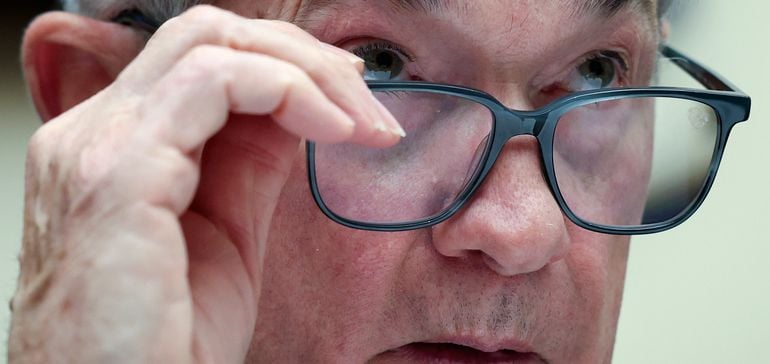When 2022 began, five of the Federal Reserve Board of Governors’ seven seats were subject to change. One constant through that: Each candidate, in their respective hearings on Capitol Hill, fielded questions regarding the central bank’s role and limitations concerning climate change and related risk.
As if to set the record straight at the start of 2023, Fed Chair Jerome Powell on Tuesday clarified his view of the Fed’s responsibility toward climate during a speech at a conference held by Sweden’s central bank.
Here is the crucial pull-quote from the event (and the first takeaway):
1. “Without explicit congressional legislation, it would be inappropriate for us to use our monetary policy or supervisory tools to promote a greener economy or to achieve other climate-based goals. We are not, and will not be, a ‘climate policymaker.’”
To support that stance, Powell gave five reasons why the Fed’s mandate should stay narrow with regard to climate.
1. Policymaking is someone else’s job.
“Addressing climate change seems likely to require policies that would have significant distributional and other effects on companies, industries, regions and nations,” Powell said Tuesday. “Decisions about policies to directly address climate change should be made by the elected branches of government.”
2. It helps maintain the Fed’s independence.
Powell said it is “essential” that the central bank “resist the temptation to broaden our scope.”
“We should ‘stick to our knitting’ and not wander off to pursue perceived social benefits that are not tightly linked to our statutory goals and authorities,” Powell said. “Taking on new goals, however worthy, without a clear statutory mandate, would undermine the case for our independence.”
3. That independence allows for flexibility in other areas.
“Restoring price stability when inflation is high can require measures that are not popular in the short term as we raise interest rates to slow the economy,” Powell said. “The absence of direct political control over our decisions allows us to take these necessary measures without considering short-term political factors.”
4. It’s what the public expects.
“The public reasonably expects supervisors to require that banks understand and appropriately manage their material risks, including the financial risks of climate change,” Powell said.
But also, leaving the shaping of national climate policy in the hands of elected officials, Powell inferred, empowers the public by proxy: They voted for the officials who are setting the agenda.
“Independence in [bank regulation] helps ensure that the public can be confident that our supervisory decisions are not influenced by political considerations,” Powell said.
5. Independence, however, comes at a cost.
“The Fed must continuously earn [its] independence by using our tools to achieve our assigned goals of maximum employment and price stability, and by providing transparency … that enables effective oversight by Congress” and facilitates understanding by the public, Powell said.
“Grants of independence to agencies should be exceedingly rare, explicit, tightly circumscribed and limited to those issues that clearly warrant protection from short-term political considerations,” he added.



